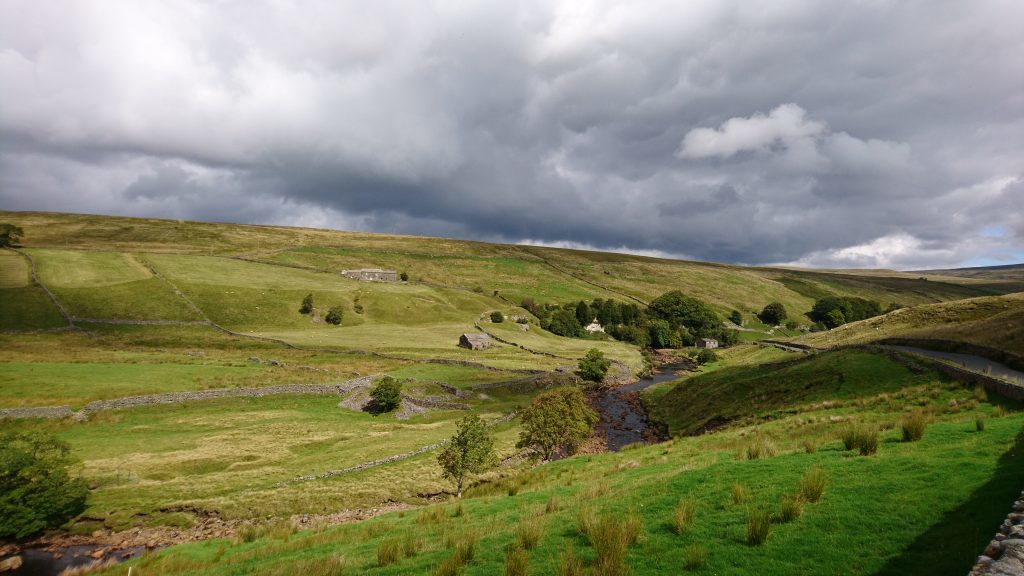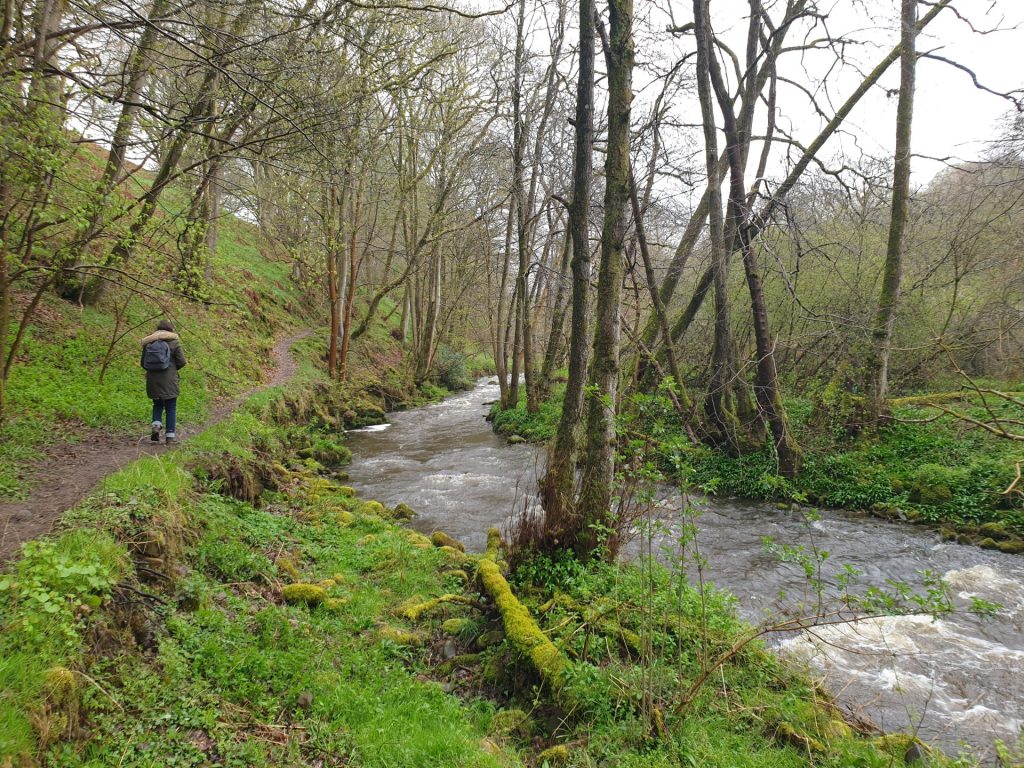What we do
Nectarworks
The North Pennines AONB Partnership’s Nectarworks project ran from March 2013 to Summer 2017.
Our aim was to enthuse, educate and enable communities to take action for bumblebees and other pollinators by restoring and increasing flower-rich habitats across the AONB.
Wildflowers and bumblebees are of immense importance to us all as they are intimately bound to the production of our own food. Through Nectarworks we focused on places that are rich in wild flowers within the farmed environment and we worked with local people to create new school and community nectar gardens.
For details of what we did, please download our colourful Nectarworks project summary. This short film also gives a flavour of some of our work we did throughout this project:
Wildflower walks
We launched three new self-guided walk leaflets that focus on the wonderful wildlife of wildflowers in the North Pennines. The walks are between 3.5 miles and 5.5 miles in length (5.7-9km) and start from Forest-of-Teesdale, Alston and Allenheads. As well as directing you to great places to enjoy wildflowers, the routes take in marvellous views and fantastic habitats for creatures like bumblebees, water voles, lapwings and curlew. The leaflets can be picked up from tourist information outlets throughout the North Pennines or can be downloaded here:
Fabulous banks
During the summers, Dr Ruth Starr-Keddle, the AONB Partnership’s Nectarworks Project Officer, surveyed 117 flower-rich banks in hay meadows. These were the most botanically rich places that Ruth has visited since she started work for the Partnership in 2009 which goes to show how special they are. Following each survey, Ruth met with the farmer to talk about how these rare habitats are managed and then wrote a detailed report with recommendations for how they can be maintained or enhanced. Each year we ran training events for volunteers to undertake botanical survey work. Volunteers undertook 59 detailed surveys during the course of the project.
During the summer of 2014 we employed entomologist Andy Jukes to survey the nectar-feeding invertebrates on ten flower-rich banks in Upper Teesdale and Allendale. He recorded a total of 177 different species of which 54 species were hoverflies and 49 species were beetles. The rare moss carder bee (Bombus muscorum) was recorded from a number of the banks in Upper Teesdale. This is excellent news because the presence of this bee indicates not only the existence of a rich diversity of flowering plants but also a functional connectivity between flower-rich sites. For this and many other species to persist, at least the current extent of diverse, flower-rich habitat needs to be retained. Another key finding of the survey was the importance of the wetland elements of the flower-rich banks. All the species of high conservation interest recorded are associated with wetland habitats and if these species are to persist, the wet character of these sites must be retained. For a detailed summary of the survey, download North Pennines nectar-feeder survey 2014 – summary
This short film shows one of the spectacular flower-rich banks of the North Pennines and some of the special plants that are found there:
Spreading the seed
Flower-rich banks have the potential to be a wonderful source of wildflower seed which can be used to enhance nearby meadows. Collecting the seed poses a particular challenge, however; by their very nature these places are steep and difficult to access. To solve this problem and working in partnership with the AONB team, agricultural contractors Niels and Tom Kristenson designed and built a special piece of equipment. Mounted on a long arm, this new harvester was able to reach 6m up or down a bank from a tractor to gather wildflower seed in ‘green hay’. This was then spread on a nearby meadow using a mini muck spreader. During the project, seed was spread onto 53 meadows, equalling 153 hectares.
This short film gives more detail of the techniques we used and shows the harvesting and spreading machinery in action:
Support for smallholders
Many people in the North Pennines live and work on small plots of land. Some of these smallholders look after the best remaining flower and nectar-rich hay meadows in the area. Others are really keen to restore their meadows to their former glory and make them more wildlife-friendly. Over the winter months of 2013 we ran a series of workshops to meet and talk to smallholders and identify their most pressing needs. During the course of the project we ran various training events and workshops for North Pennines smallholders which lead to the establishment of the North Pennines Smallholder Group (NPS) in 2017. .
Glorious gardens
Even in rural areas, gardens can play an important part in the lifecycle of bumblebees. A bumblebee-friendly garden will supply pollen and nectar at times when there is less around in the surrounding countryside, such as in early spring or after the hay is cut.
People can genuinely help to support and increase bumblebee populations in their area by planting a succession of bumblebee-friendly flowers. This not only provides a plentiful source of nectar and pollen from early spring to late summer, but also creates colourful and beautiful gardens that are buzzing with life. To find out how to help bumblebees in your garden and which plants are most likely to survive in the North Pennines, you can download our leaflet: Gardening for Bumblebees – top tips for the North Pennines
During the project, we trained volunteers so that they could survey bumblebees in local residents gardens – 177 gardens were surveyed!
Getting kids buzzing!
Inspiring and educating some of our youngest residents was an important part of the Nectarworks project. Mandy Oliver was the AONB Partnership’s Nectarworks Community Officer, working with several primary schools across the North Pennines and helping children to understand why our bees are so valuable and so fascinating.
This short film shows children from Church Brough Primary School taking part in the project in 2014:
Want to know more?
Contact:
Ruth Starr-Keddle (ruth@northpenninesaonb.org.uk)
Mandy Oliver (mandy@northpenninesaonb.org.uk)
Our funders
Nectarworks was supported by the National Lottery through the Heritage Lottery Fund and by Northumbrian Water through the Branch Out fund.
Plugging the Gaps – wildflower project
Plugging the Gaps was a project from the North Pennines AONB Partnership which aimed to restore rare wildflower meadows. Volunteers supported the project, through seed collecting workshops, planting and supporting the wildflower nursery. You can find out more on the Plugging the Gaps web page, or contact Ruth Starr-Keddle at the North Pennines AONB Partnership.











